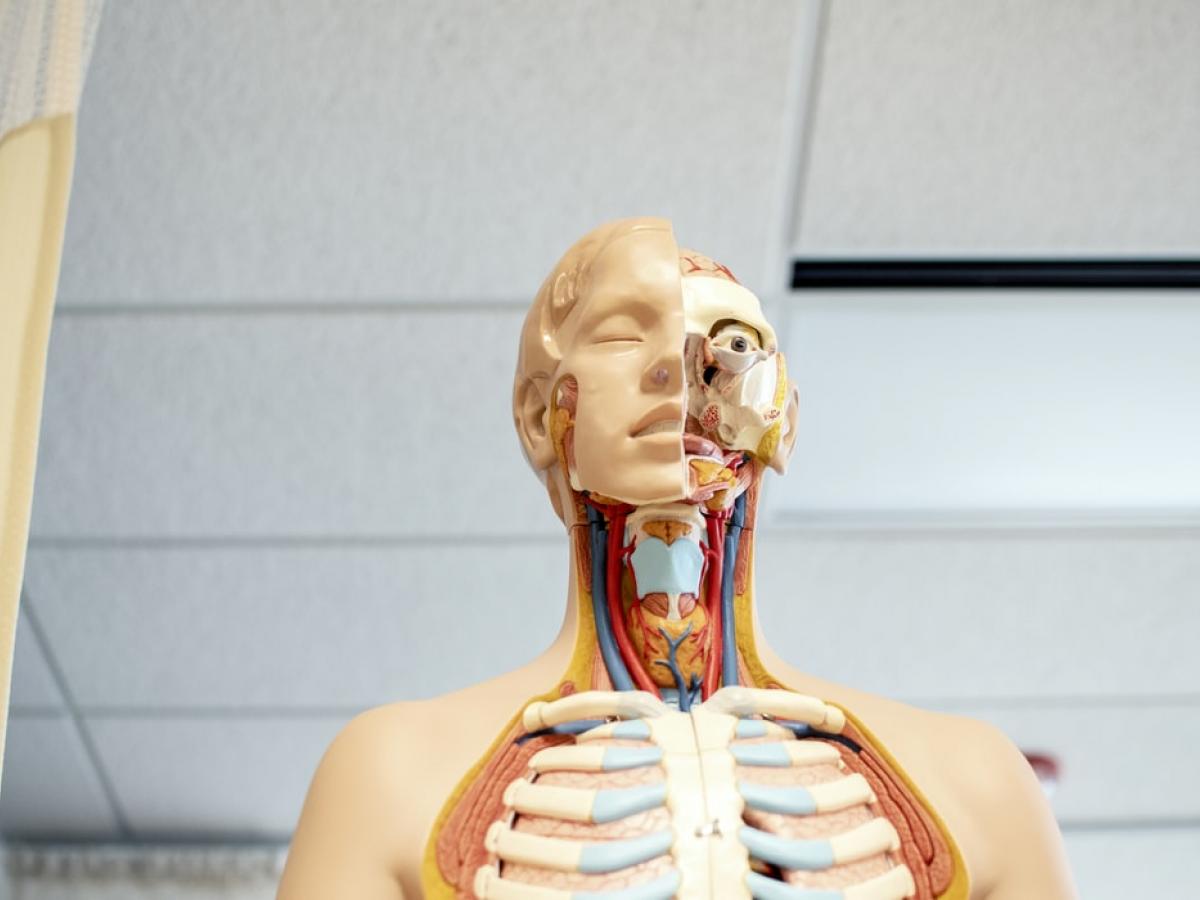Physiology
The Discipline of Physiology encompasses education and research relating to the body’s full range of functions and the way in which they work.

Physiology is a scientific discipline of the widest scope and application. It is the major scientific foundation of all careers related to human health and physical performance, and underpins most major advances in medicine and health care. Without an understanding of how the body works in health, we cannot understand what goes wrong in disease and devise effective preventions or treatments. Discoveries in physiology even have an impact on agriculture, industry and environmental science.
At the School of Biomedicine, the Discipline of Physiology uses and adapts the most advanced technologies available to enable students to study bodily function from the molecular to the whole-organism scale. For example, photonics is used to study cell signalling at the nanometer scale, to track the movement and activity of single molecules within the cell; while study of the control of human movement uses magnetic resonance imaging to map the whole brain and its activity, and precise magnetic stimulation of brain areas to modulate neural and motor function.
Studies of disorders of heart rhythm and function draw on computer science, engineering and mathematics to analyse complex electrical signals, and model and measure heart muscle contraction and the hemodynamics of blood flow. Genetic approaches, such as bioinformatics and gene editing, are used to understand the basis of cancer and individual variations in responses to treatments for cancers.
Wide-ranging research
The Discipline of Physiology has many dynamic research and postgraduate training programs, with particular strengths in the areas of cardiovascular physiology, neurophysiology, regenerative medicine, and cancer.
The discipline also has a proud record of incorporating research concepts into its undergraduate teaching, through research-focused practicals and research placements in our laboratories and those of our affiliates.
Our research groups include:
- Aquaporin Physiology and Drug Discovery
- Cancer Treatment Toxicities Group
- Exercise & Integrative Physiology Lab
- Integrative Human Neurophysiology Laboratory
- Mesenchymal Stem Cell Laboratory
- Myeloma Research Laboratory
- Neurophysiology of Human Movement
- Translational Vascular Function Research Collaborative
- Visual Physiology & Neurobotics Laboratory
-
Contact us
Key contacts
- Associate Professor John Semmler – Discipline Lead
Academic staff
- Associate Professor Elizabeth Beckett
- Professor Joanne Bowen
- Dr Dimitrios Cakouros
- Dr Adrian Elliot – National Heart Foundation Future Leader Fellow
- Professor Stan Gronthos
- Professor Mark Hutchinson – Director, ARC Centre of Excellence for Nanoscale BioPhotonics
- Professor Robert McLaughlin – Chair of Biophotonics
- Dr Simranjit Sidhu
- Dr Nichola Thompson
- Associate Professor Steven Wiederman – Deputy Discipline Lead
- Dr David Wilson
- Professor Andrea Yool
